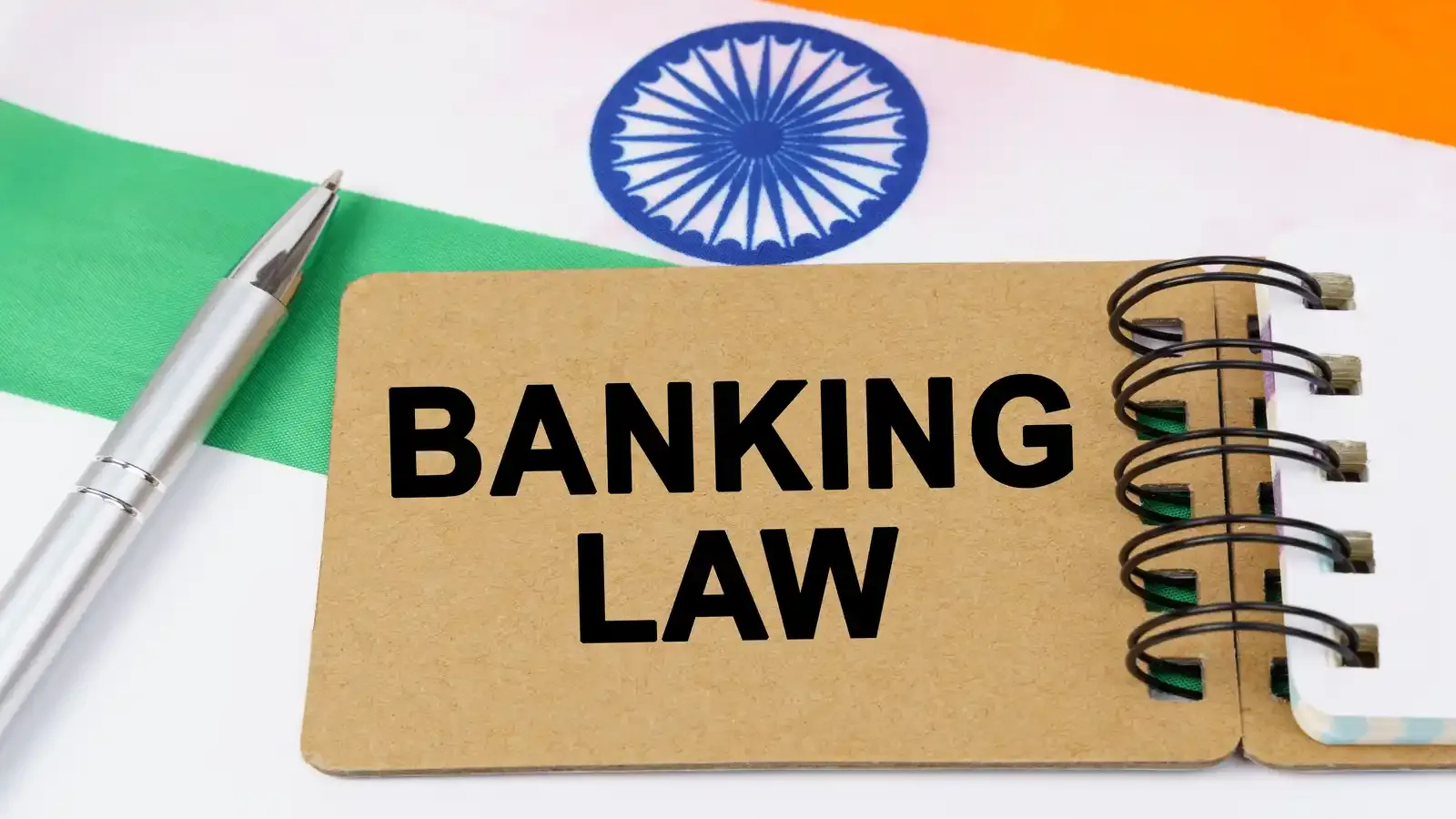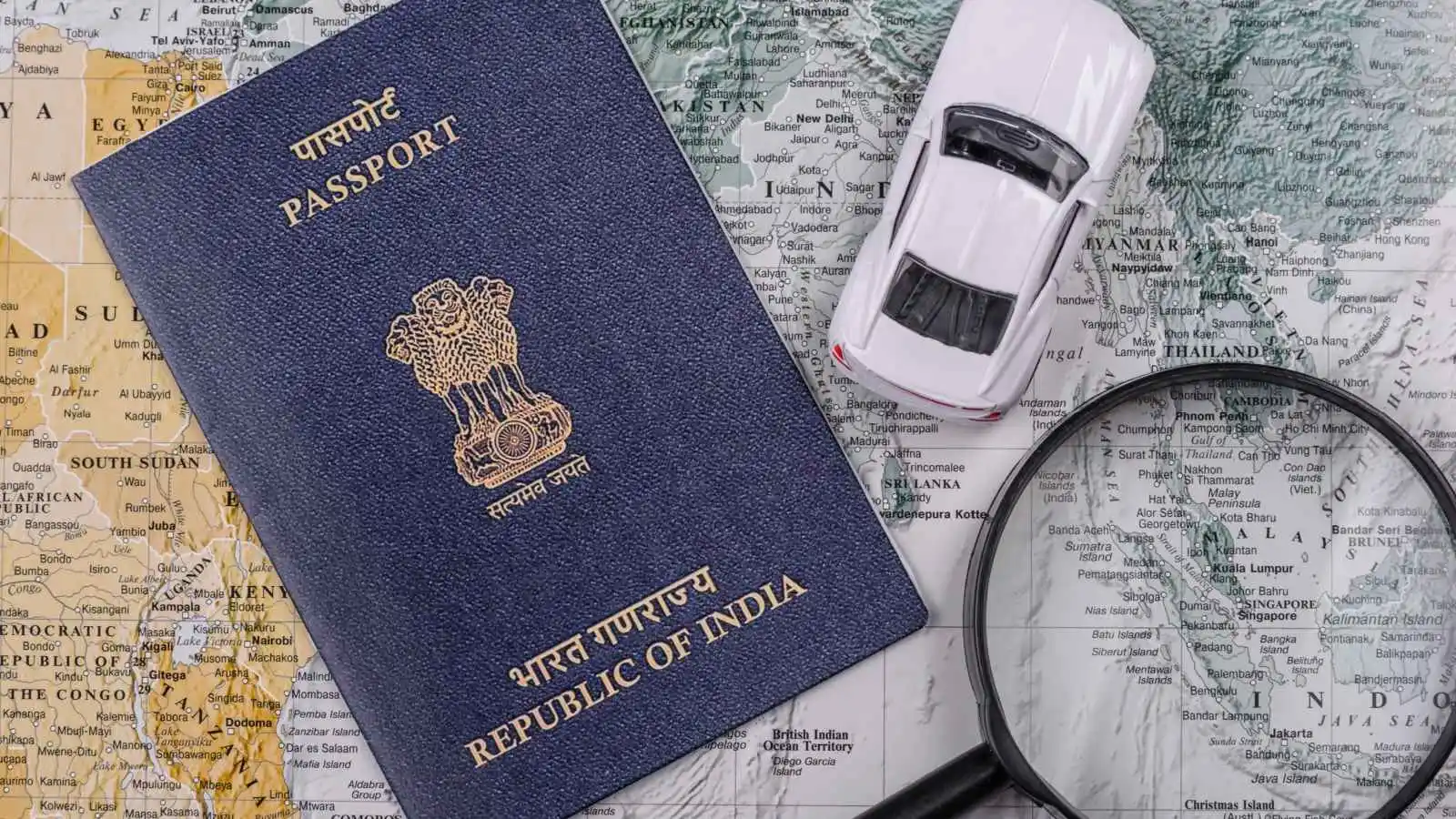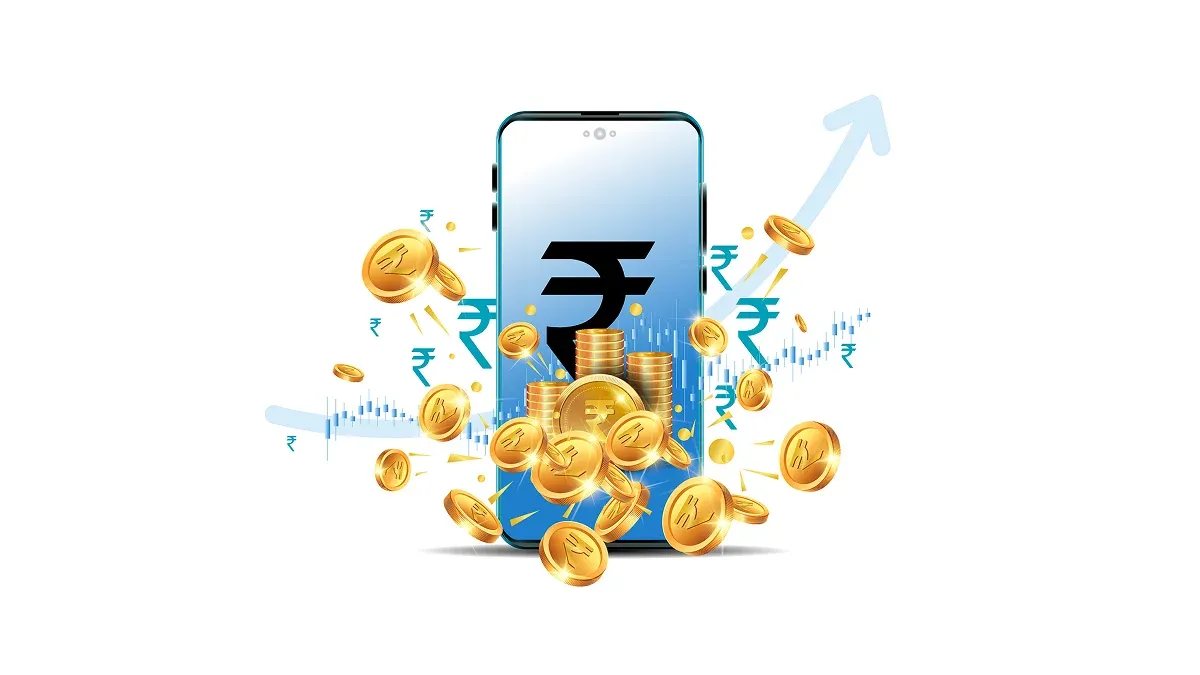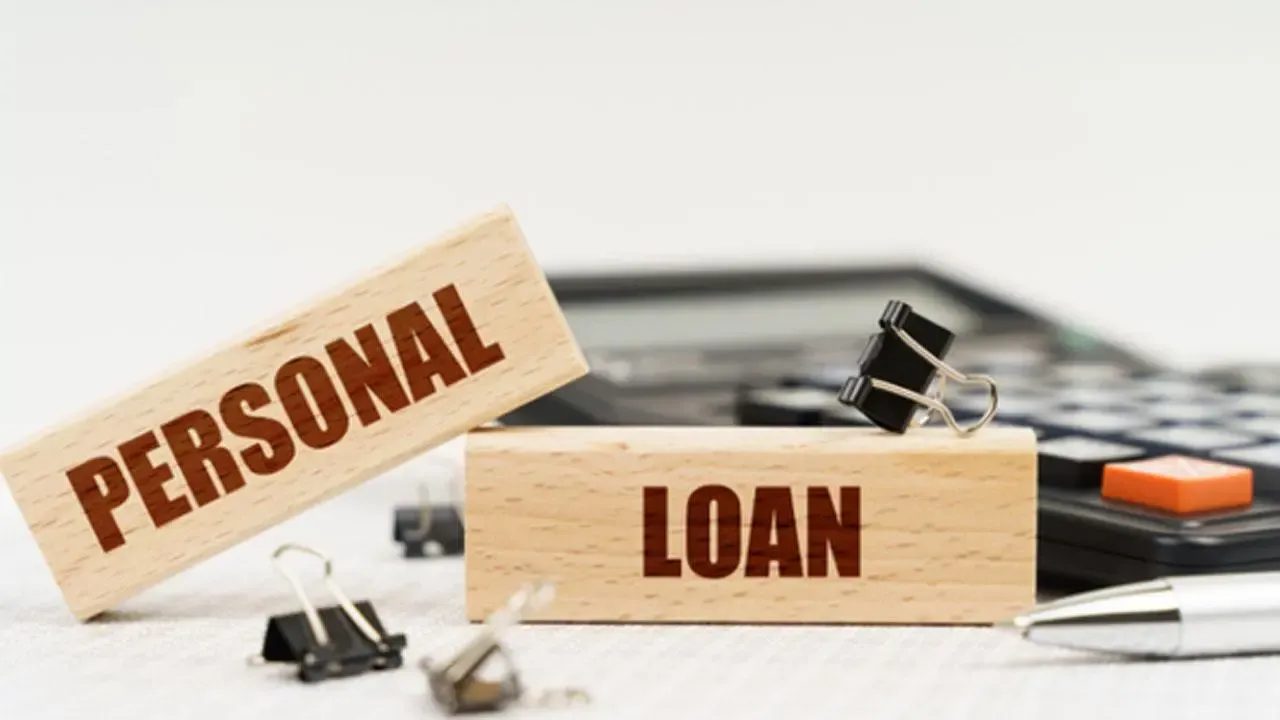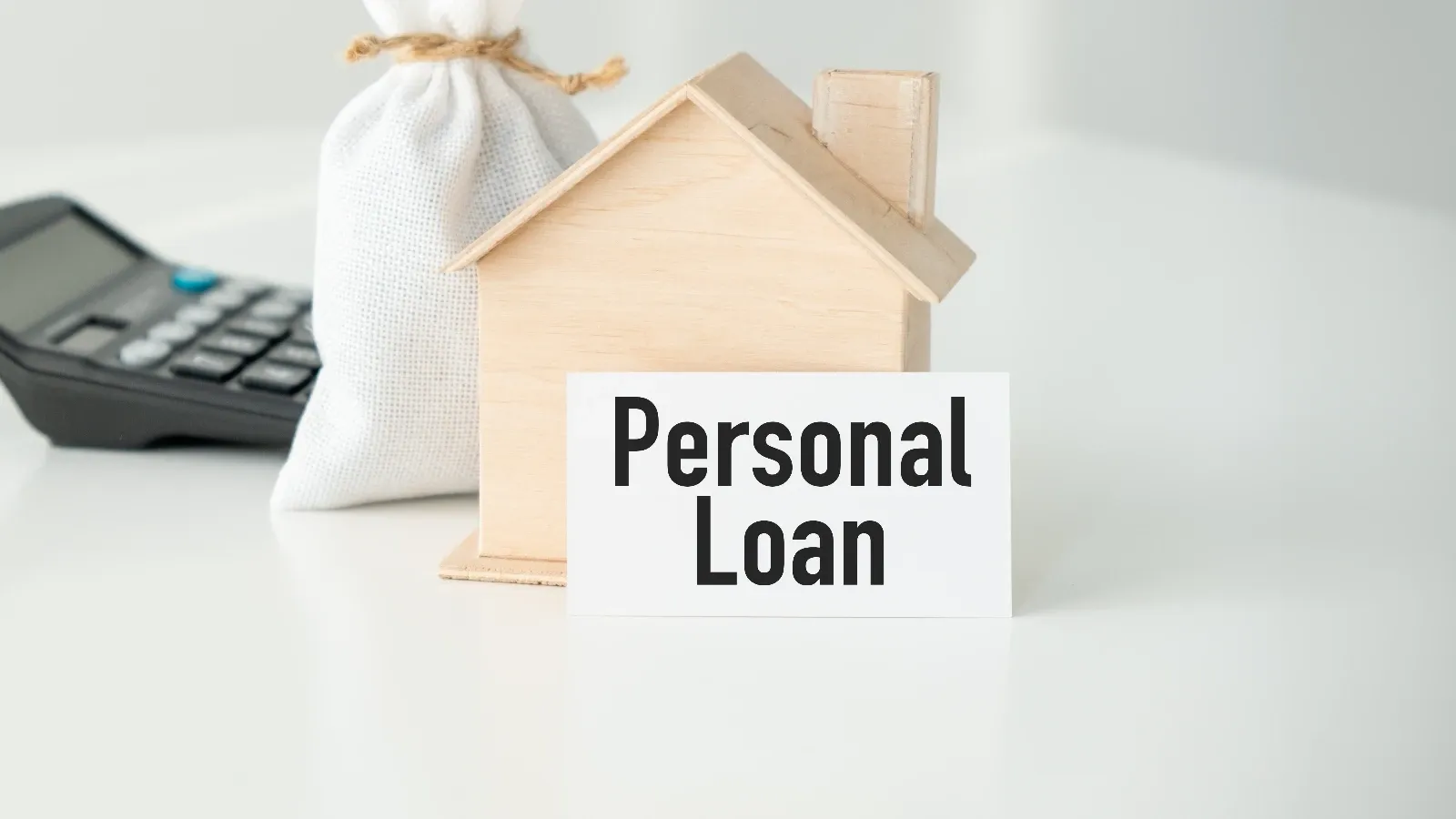Is FD the Right Investment Option for You?
Written by Pradnya Surana
Published on November 24, 2025 | 2 min read
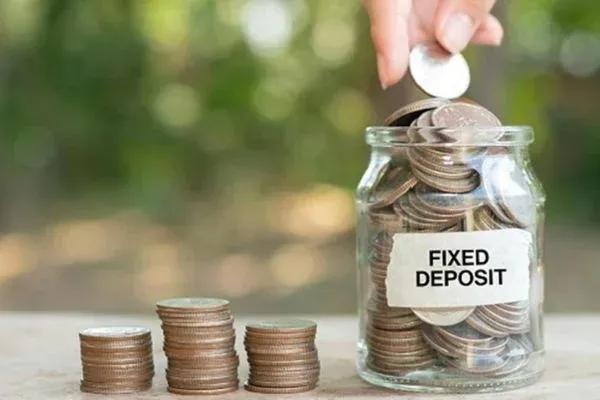
Fixed Deposits for Savings and Investment
Fixed Deposits (FDs) have been a popular investment choice for Indians for decades. Considering that it's being offered by a bank, it is considered safe and secure. Moreover, the fixed interest rate, multiple tenure options and slightly better returns for senior citizens make FD a staple saving and investing instrument.
However, irrespective of all the benefits extended by FD, should it be idealised as the only investment option? Let’s find out.
What is a Fixed Deposit?
A fixed deposit is a savings tool offered by banks and a few Non-Banking Financial Companies (NBFCs). You deposit a lump sum amount for a fixed period and the bank pays you interest on it. The interest rate remains constant throughout the tenure of the deposit.
Who Should Consider Investing in FDs?
Amongst a plethora of financial instruments available to save and invest, a question arises whether to choose for FD or not. You can think of investing in an FD if you are,
Risk-Averse Investors
No other financial instrument for investment offers a guaranteed return throughout the tenure. Be it mutual funds, stocks, bonds, gold or real estate. Yes, a few debentures do offer fixed income, but they carry a risk of default. If you do not want to speculate on your hard-earned money and want assured returns on it, you can choose an FD.
Senior Citizens
Senior citizens often require a predictable and fixed sum each month for their expenses. In such cases, FD becomes an ideal saving tool for them as it also offers a monthly interest payout option. Moreover, banks offer higher interest rates to senior citizens, making FDs a favourite retirement income source.
Short to Medium-Term Goals
Planning to buy a car in two years or save for your child's education in five years. You will obviously need a fixed sum at that point. You cannot leave this sum to market volatility. FDs work perfectly for goals with specific timelines.
Conservative Portfolio Balance
Don’t put all eggs in one basket’ is probably the most famous financial advice. So even if you invest in stocks, having some money in FDs provides stability to your overall portfolio. Even when your stock market investments have gone down, your FD still protects your principal and yields interest as well.
Thus, when you don’t want to risk any of your capital and want fixed returns, consider investing in FD.
When FDs Might Not Be Ideal Investment
Given the principal protection and assured returns a FD offers, should you park all your savings there? Maybe you can consider investing in other financial instruments which can offer better returns. Yes, these instruments do carry a risk but in the long term, their growth prospects can be better like for equity mutual funds.
Thus, based on your financial goals and your overall risk appetite decide how much you can diversify your investments for better growth prospects.
Tax Implications of FD
Interest earned on FDs is taxable as per your income tax slab. If your total income from interest exceeds ₹40,000 (₹50,000 for senior citizens), there is a ‘tax deducted at source’ TDS. However, Tax Saver FDs offer deductions under Section 80C.
FDs are excellent for safety, guaranteed returns and short-term goals. They are perfect if you want capital protection and assurance. However, for long-term wealth building, consider diversifying into other investment options.
Assess your financial goals, risk appetite and investment timeline. FDs should be part of a balanced portfolio and not necessarily your only investment. Consult a financial advisor to create a strategy that suits your needs.
About Author
Pradnya Surana
Sub-Editor
is an engineering and management graduate with 12 years of experience in India’s leading banks. With a natural flair for writing and a passion for all things finance, she reinvented herself as a financial writer. Her work reflects her ability to view the industry from both sides of the table, the financial service provider and the consumer. Experience in fast paced consumer facing roles adds depth, clarity and relevance to her writing.
Read more from PradnyaUpstox is a leading Indian financial services company that offers online trading and investment services in stocks, commodities, currencies, mutual funds, and more. Founded in 2009 and headquartered in Mumbai, Upstox is backed by prominent investors including Ratan Tata, Tiger Global, and Kalaari Capital. It operates under RKSV Securities and is registered with SEBI, NSE, BSE, and other regulatory bodies, ensuring secure and compliant trading experiences.


















